Five months after her restaurant was destroyed, Afghan entrepreneur Laila Haidari opened a secret handicraft workshop. Haidari’s workshop is one of a number of underground women-owned businesses that have sprung up after many Afghan women lost their jobs due to the Taliban’s strict restrictions.
Before 2021, the 44-year-old businesswoman owned a famous restaurant in Kabul, which was bustling with music and poetry performances, popular with intellectuals, writers, journalists and foreigners in Afghanistan. Haidari used part of the profits to fund a drug rehabilitation center she founded.
Most businesses established by Afghan women before 2021 were related to small-scale industries. However, a clear trend is that more and more women are venturing into fields traditionally considered “the domain” of men, such as information technology, communications, exports, tourism , and construction.
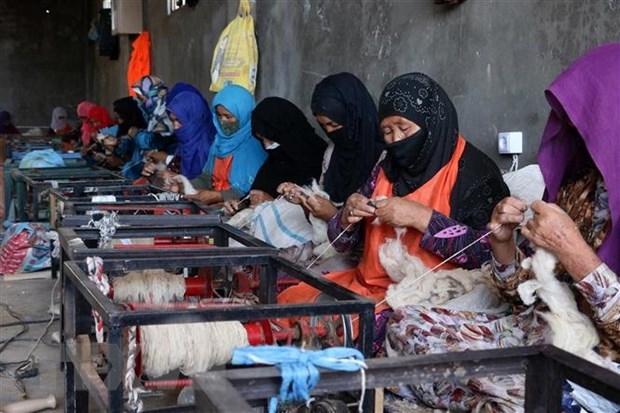 |
| Afghan women work at a garment factory in Herat province on August 7, 2023. |
Even Haidari’s restaurant business is a remarkable achievement, given the taboos in Islamic law surrounding women interacting with men outside the family. Afghanistan is also starting to see a number of female entrepreneurs running large businesses from abroad, operating in the fields of mining; logistics; and import and export.
Things changed after the Taliban took control of the country in August 2021. The Taliban government issued many bans on women participating in most jobs, banned female students from going to school, banned women from going to university. Women are not allowed to play sports , go to public places or go out without a male relative (mahram) accompanying them.
Just days after the Taliban took over the country, Haidari’s drug rehabilitation center was closed, the restaurant destroyed, and the furniture looted. From the rubble, Haidari quietly set up a workshop to cut and sew clothes, design fashion accessories, and make carpets and home decor. The workshop employs about 50 women, earning a meager $58 a month. Haidari continues to use some of the profits to fund a secret school where 200 girls are studying, both in person and online. “I don’t want Afghan girls to forget everything, otherwise in a few years we will have another illiterate generation,” Haidari said.
Afghanistan is mired in a severe economic crisis, after many countries cut aid and froze foreign reserves in an effort to punish the Taliban government. As a result, the aid-dependent Afghan economy has been paralyzed, millions of people have lost their jobs, government employees have not been paid, and food and medicine prices have skyrocketed. According to a United Nations report, this South Asian country has up to 28.3 million people (equivalent to two-thirds of the population) in a humanitarian crisis and need urgent assistance.
The crisis has hit all businesses hard, but the hardship for women has been compounded by the Taliban’s harsh restrictions, which include a ban on women going out without a “mahram.” In a country with 2 million widows, single women and divorcees—many of whom are the sole breadwinners for their families—the harsh ban has effectively shut down their chances of survival.
Despite the harsh restrictions, thousands of Afghan women are still trying to start their own businesses at home, including Sadaf. After her husband died in 2015, Sadaf (who asked not to use her real name) relied on her income from a beauty salon in Kabul to support her five children.
Last month, the Taliban government ordered the closure of all beauty salons, saying they “offered treatments that were against Islamic values.” To cope, Sadaf opened a beauty care service at home. Worried about what other bans might come, this strong woman still finds ways to make a living.
Despite the exclusion of women from most aspects of public life, the Taliban has not banned women from running businesses, allowing some international organizations to continue to monitor employment projects. The charity CARE Afghanistan is focusing on training Afghan women in sewing, embroidery, and making foods such as cookies, jams, and pickles, helping them open small shops at home to earn a living.
With the innate function of taking care of the family, even in difficult and desperate circumstances, Afghan women are still trying to overcome all deadlocks to find a way to take control of their lives.
HA PHUONG
*Please visit the International section to see related news and articles.
Source


![[Photo] High-ranking delegation of the Russian State Duma visits President Ho Chi Minh's Mausoleum](https://vphoto.vietnam.vn/thumb/1200x675/vietnam/resource/IMAGE/2025/9/28/c6dfd505d79b460a93752e48882e8f7e)

![[Photo] The 4th meeting of the Inter-Parliamentary Cooperation Committee between the National Assembly of Vietnam and the State Duma of Russia](https://vphoto.vietnam.vn/thumb/1200x675/vietnam/resource/IMAGE/2025/9/28/9f9e84a38675449aa9c08b391e153183)


![[Photo] Joy on the new Phong Chau bridge](https://vphoto.vietnam.vn/thumb/1200x675/vietnam/resource/IMAGE/2025/9/28/b00322b29c8043fbb8b6844fdd6c78ea)




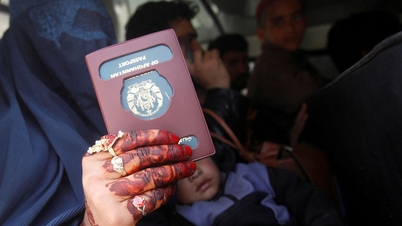







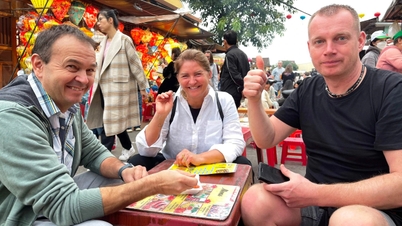
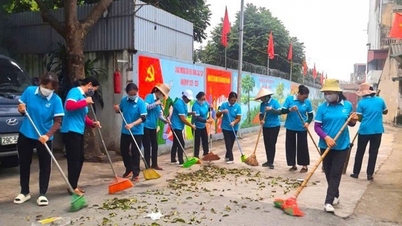







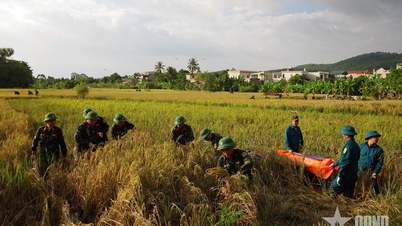































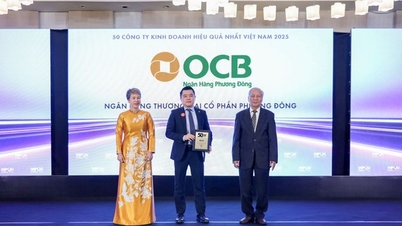




















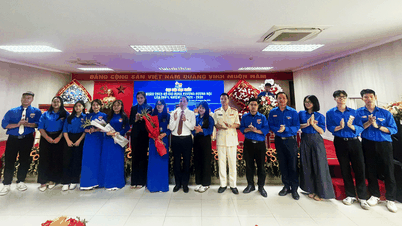
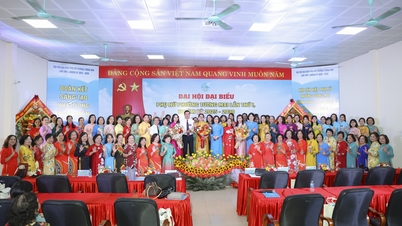















Comment (0)